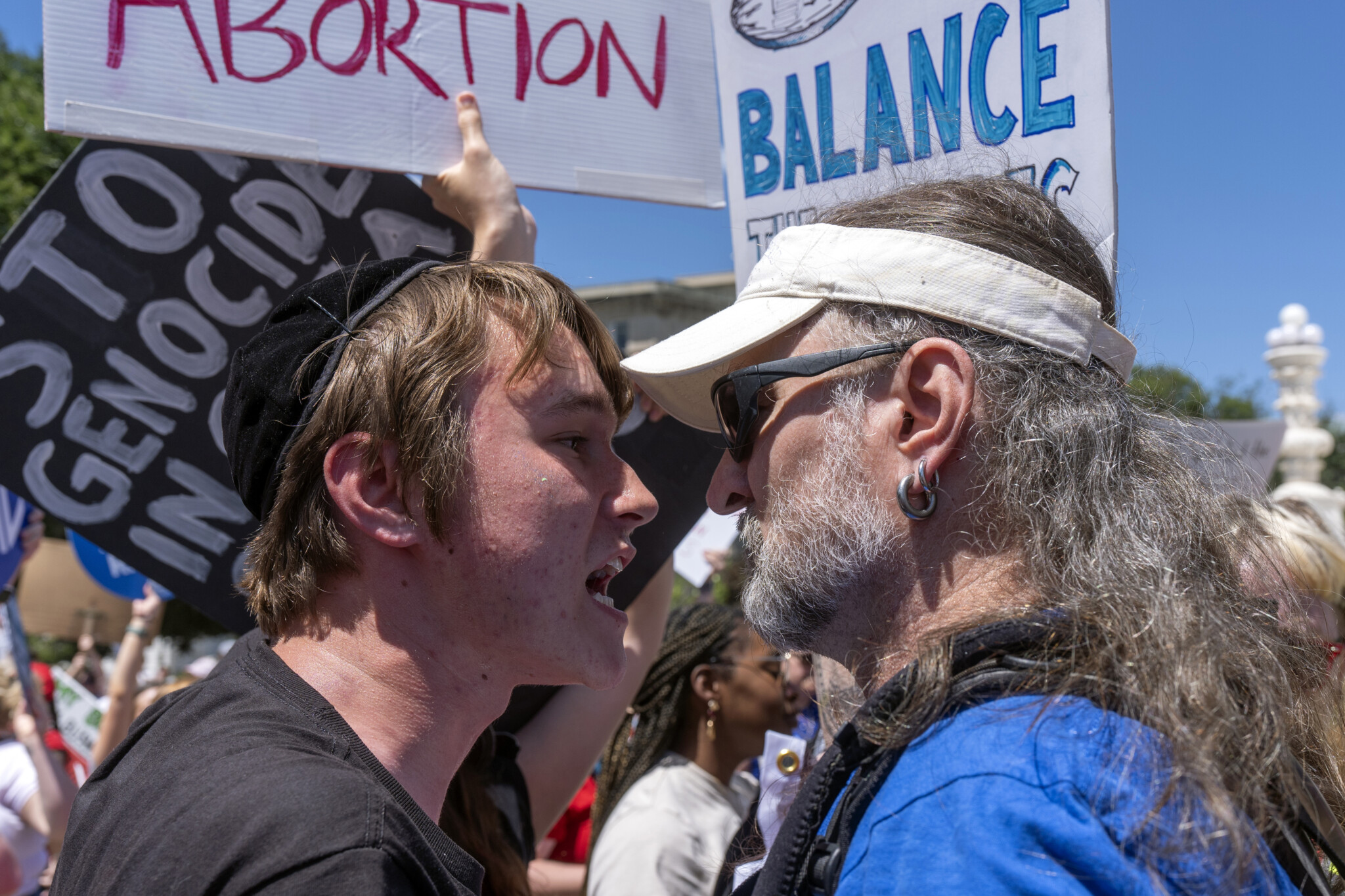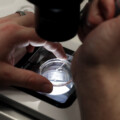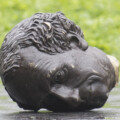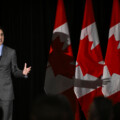In this week’s Hub book review, Patrick Luciani examines Liberalism as a Way of Life (Princeton University Press, 2024) by Alexandre Lefebvre, which makes the audacious argument that liberalism is the source of our society’s values.
In his latest book, Liberalism as a Way of Life, Canadian author and professor of political philosophy at the University of Sydney Alexander Lefebvre asks a simple question: where do we get our values?
In a world where formal religion is declining, he argues that many would say their values come from family, friends, or human nature. Christians would say their faith or the Bible. Lefebvre claims that most of us get our values from liberalism, the prevailing political philosophy of our age. Here, he doesn’t mean just the classical political liberalism of protecting individual rights, freedom of speech, the rule of law, and government restrictions on personal liberty, but the day-to-day values that make flourishing possible and enjoyable in society.
Not only do liberal values underlie family relationships and how we interact with strangers, but liberalism makes us less judgmental about how we see the world, less hypocritical, and more generous and accepting of others as full and equal citizens. Liberalism humanizes us and makes us better people. The values of personal freedom, fairness, tolerance, reciprocity, self-reflection, and even irony are deeply embedded in our culture that we aren’t even aware of swimming in the waters of liberalism. Living up to the values of fairness and generosity brings us a sense of optimism and delight in everyone’s advancement. Our task is to promote and practice political virtues that keep us navigating these liberal progressive waters.
But Lefebvre worries that the liberalism of everyday life is threatened by conservatives who fear that they have lost the culture war and will do what they can to undermine liberal values such as the U.S., for example, overturning abortion rights after Roe v. Wade or a growing backlash against transgender rights in Florida or anti-discrimination regulations and preferential hiring practices. Legislators are also pushing back against university admissions based on affirmative action over academic qualifications.
Here, the author turns his attention to the political ideas of political philosopher John Rawls, whose intellectual work, many believe, underpins the very basis of a just society. Rawls asks us to imagine what kind of a government we would choose if none of us knew what our race, gender, intelligence, or any other aspects of our lives before birth. Behind this “veil of ignorance,” our sense of self-interest says we would choose a world that benefits the least advantaged, just in case we found ourselves born among the unfortunates. The entire book is a way to bring Rawls’s notion of a just and fair society to the general public.
Lefebvre believes liberals should not only promote the virtues of liberalism but live up to them to avoid falling into illiberalism. However, making a fair and just society isn’t easy. Liberals talk a good game of fairness and opportunity but still send their kids to private schools and support tax breaks for the middle class and zoning laws that keep housing prices high.
Liberalism as a Way of Life makes the reader think about justice and fairness in a new light, keeping us aware that liberalism’s roots are everywhere whether we know it or not. However, Lefebvre’s observations have several problems. If we get our values from liberalism, as he claims, where does liberalism get its values? Values don’t just appear spontaneously unbidden in human history. The values of liberalism sound suspiciously close to the golden rule, which is treating others as you would want to be treated, a value that predates liberalism by thousands of years.
At the centre of Lefebvre’s book is the notion that none of us deserve the talents or conditions of life. But how many genuinely believe our skills and advantages belong to the community or broader welfare state? As one reviewer noted, Lefebvre doesn’t provide any evidence that bringing into line our beliefs and actions as liberals will make us happier. The evidence points in the opposite direction; liberals and leftists are less happy than conservatives.
The wider public has always supported programs discouraging discrimination based on gender, race, or religion. But “liberal” policies have pushed too hard in some cases, including gender-affirming surgeries for children, broader trans rights, anti-police activism, support for drug use in public, greater tolerance for homeless encampments, wider open borders, tolerance for antisemitic behaviour on campuses, and discriminatory hiring practices under the cover of affirmative action. All have enraged the public. We now see the consequences in Canada and the U.S. as voters move to the Right.
Liberalism as a Way of Life’s insight is the entrenchment of liberal virtues in our world that go unnoticed. However, the author also swims in the waters of academia. Higher education is now a stronghold of liberal and woke thinking where power dynamics dominate all aspects of life and commerce. One wonders if the author would have written a different book if he stepped out of his fishbowl and seen the world from the outside.









